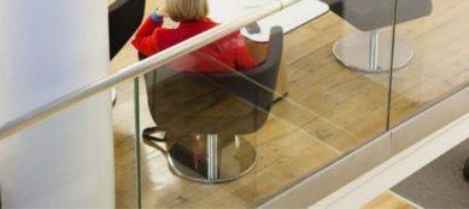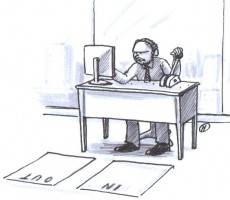February 1, 2016
M25 office market returns to pre-recessionary levels as demand increases 0
 The ‘M25’ office market returned to pre-recessionary levels in 2015 as take-up reached 4.25 million sq ft, which is the highest recorded figure since 2007. Given the higher levels of demand in the regional commercial property market, take-up is predicted to reach 4.5 million sq ft for 2016. The research by Savills claims that the ‘Western Sector’ was the strongest performer in the market within the M25 during 2015, where 1.91 million sq ft was transacted, which accounted for 44 percent of total take-up. Improving economic conditions combined with a reduction in grade B and C office space, due to permitted development rights, meant that 62 percent of space transacted was for grade A space. Total supply currently stands at 18.34 million sq ft, which is a 7 percent decrease from 2014, not helped by the fact that approximately one million sq ft of office space has been converted to residential uses since 2014.
The ‘M25’ office market returned to pre-recessionary levels in 2015 as take-up reached 4.25 million sq ft, which is the highest recorded figure since 2007. Given the higher levels of demand in the regional commercial property market, take-up is predicted to reach 4.5 million sq ft for 2016. The research by Savills claims that the ‘Western Sector’ was the strongest performer in the market within the M25 during 2015, where 1.91 million sq ft was transacted, which accounted for 44 percent of total take-up. Improving economic conditions combined with a reduction in grade B and C office space, due to permitted development rights, meant that 62 percent of space transacted was for grade A space. Total supply currently stands at 18.34 million sq ft, which is a 7 percent decrease from 2014, not helped by the fact that approximately one million sq ft of office space has been converted to residential uses since 2014.


































January 26, 2016
The road to Bali and other destinations for the world’s remote workers 0
by Georgi Georgiev • Comment, Flexible working, Property, Technology
(more…)